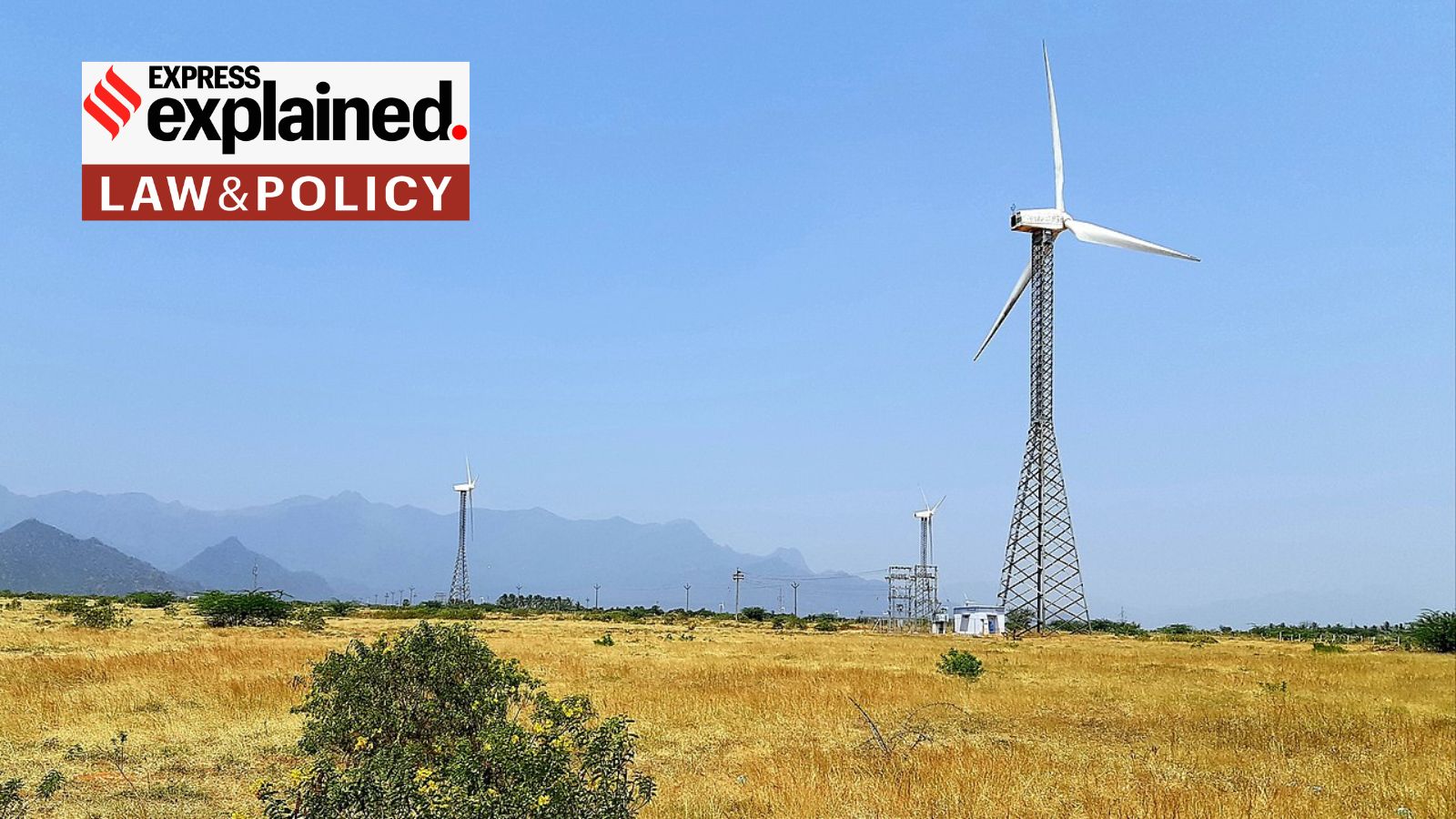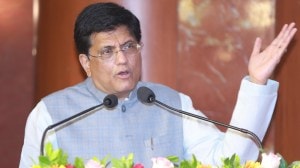Why the Karnataka High Court struck down green energy rules by centre, state
The court noted that the centre had no powers to frame these specific rules and that the relevant Commission at the State level was authorised to regulate “open access”
 The Karnataka High Court last month struck down a major green energy legislation by the central government, noting that the union government was not empowered to frame rules under the Electricity Act. (Representational Image - Wikimedia Commons)
The Karnataka High Court last month struck down a major green energy legislation by the central government, noting that the union government was not empowered to frame rules under the Electricity Act. (Representational Image - Wikimedia Commons)The Karnataka High Court last month struck down a major green energy legislation by the central government, noting that the union government was not empowered to frame rules under the Electricity Act.
The court took this decision while hearing arguments from hydropower companies against two rules passed by the Karnataka government. The rules were based on the Electricity (Promoting Renewable Energy Through Green Energy Open Access) Rules, 2022, passed by the centre.
A single-judge bench of Justice N S Sanjay Gowda subsequently struck down the two rules of the state on December 20, with the direction made publicly available this month.
Regulatory authority
The Karnataka High Court struck down the Electricity (Promoting Renewable Energy Through Green Energy Open Access) Rules, 2022, and the Karnataka Regulatory Commission (Terms and Conditions for Green Energy Open Access) Regulations, 2022. The rules, passed by the state, allowed for consumer purchase of green energy on the open market. Conventionally, power distribution is mandated through electricity distribution companies like BESCOM in Bengaluru.
The court noted that the centre had no powers to frame these specific rules and that the relevant Commission at the State level was authorised to regulate “open access”. It was further stated that these Commissions had the exclusive role under the Electricity Act, 2003, to regulate electricity generation, transmission and supply.
In his ruling, Justice Gowda said, “…If the provisions of the Electricity Act exclude the Central Government from playing any role in the matter pertaining to granting open access and specifically confers the powers in relation to open access only to the Appropriate Commission, this substantive provision of administering open access cannot be usurped by the Central Government by placing reliance on the residuary powers granted to frame rules to carry out the purposes of the Electricity Act.”
Referring to Section 86 (1)(e) of the act—which lists the functions of the State Commission— the court said, “…the generation of electricity from renewable energy sources — insofar as it relates to providing suitable measures for connectivity with the grid and sale of electricity to any person including specifying a percentage of the total consumption of electricity in the area of a distribution licensee — is cast statutorily only on the State Commission.”
Past judgements
The court referred to the Supreme Court decision in Naresh Chandra Agrawal v The Institute of Chartered Accountants of India to justify how a rule-making body was bound by the limits granted by the statute. The SC then noted that the “power delegated by an enactment does not enable the authority, by rules/regulations, to extend the scope or general operation of the enactment but is strictly ancillary… In that sense, the general power cannot be so exercised as to bring into existence substantive rights or obligations or disabilities not contemplated by the provisions of the Act itself.”
Relevant observations had also been made by a three-judge Supreme Court bench in Kerala State Electricity Board v Jhabua Power Limited, which observed that the state electricity regulatory commissions would be guided but not strictly bound by the State and Central directions.
- 01
- 02
- 03
- 04
- 05






































